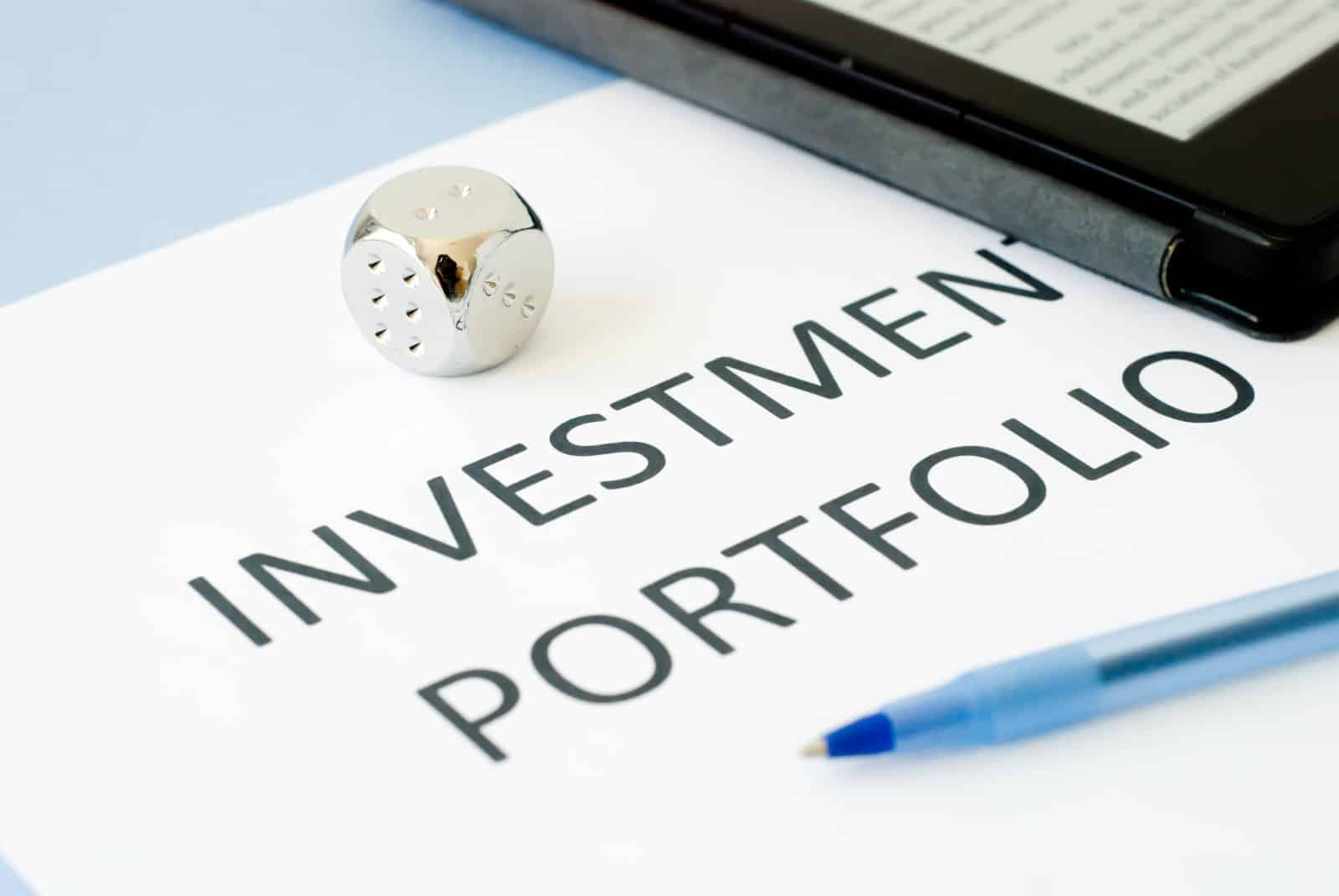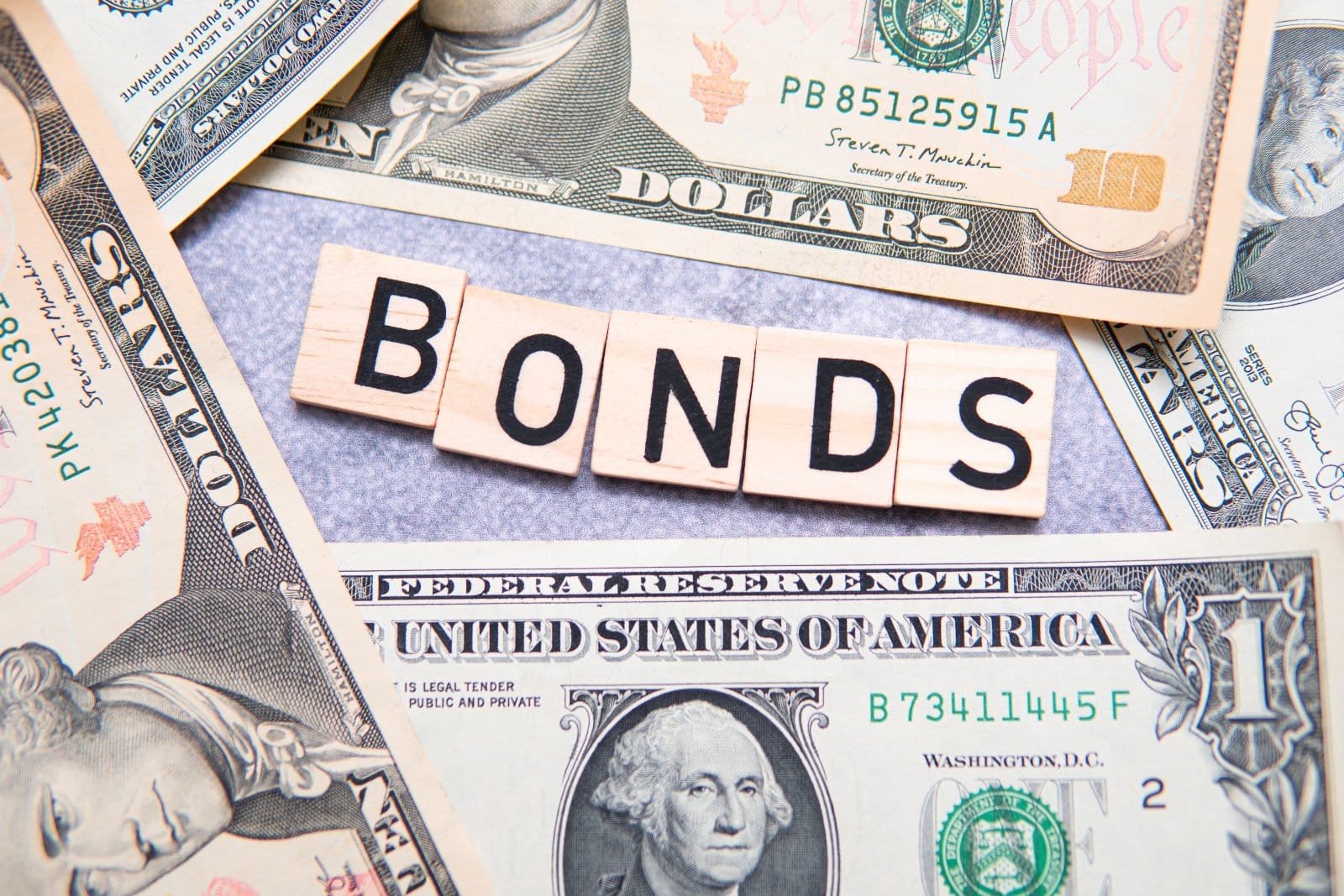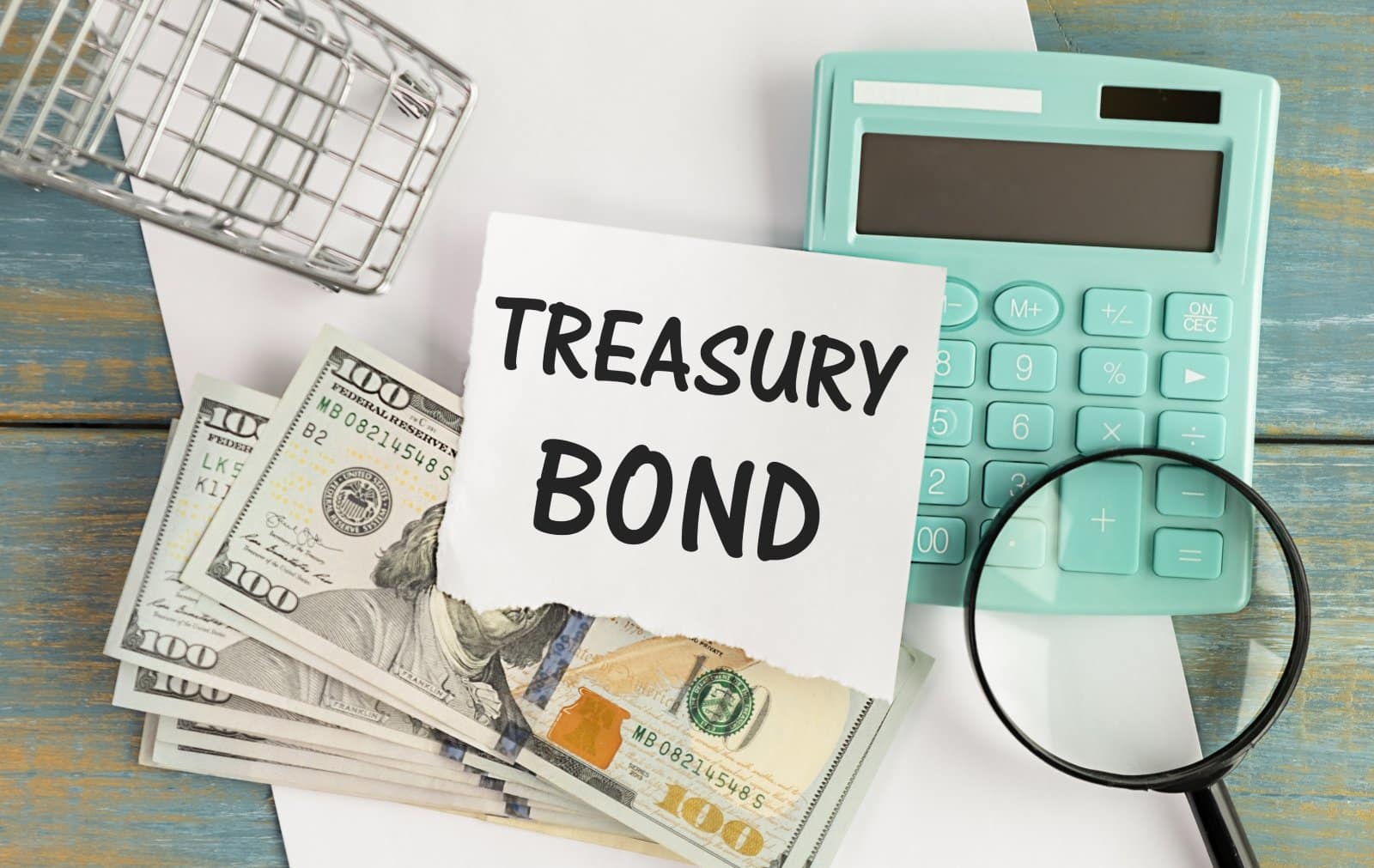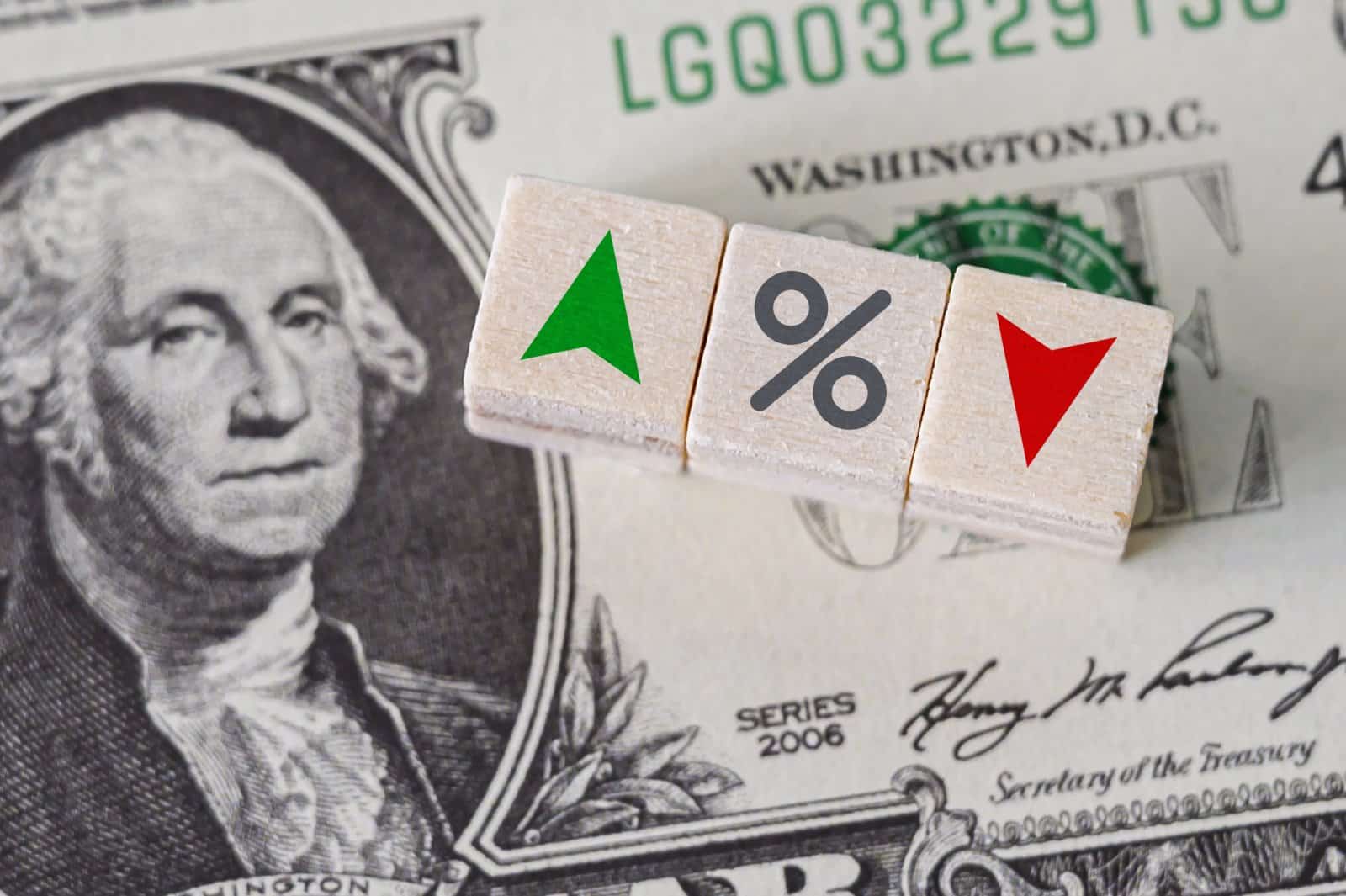Worried about the future? Here are nine potential resilient assets that could help you weather the storm and thrive during a financial crisis.
Economic Forecast

According to a recent survey from the National Association for Business Economics, 76% of economists believe that the USA’s chance of entering into a recession in 2024 is 50% or less.
Navigating Economic Uncertainties

Despite some financiers, like the Bank of America, predicting a soft landing (a gradual and controlled slowdown of economic growth that would avoid a recession), economic uncertainties are looming large worldwide.
The Temptation to Panic

Investors are grappling with the potential impact on their portfolios. While the temptation to panic and abandon investments during downturns is understandable, it’s often the worst move a person can make.
Exploring Recession-Proof Assets

Instead, savvy investors are exploring recession-proof assets to fortify their portfolios against financial instability.
A Defensive Play

Financial profit isn’t guaranteed in any business or investment, and while neither is entirely immune to recessions, some are more recession-resistant.
These “defensive investments” may not bring in massive gains, but they typically fare better during economic downturns compared to others.
Nine Potential Assets

Here are nine potential recession-resistant investment options that investors have eyed in past financial crises:
#1. Bonds:

Bonds are like IOUs issued by governments or companies. When you buy a bond, you’re lending money and in return, you get regular interest payments until the bond matures, then you get your initial investment back.
Stability in Bonds

Unlike stocks that can swing wildly in bad times, bonds are more stable – even if a company struggles, they usually prioritize paying bondholders.
Government bonds are even safer bets because they can raise taxes or print money if they need to. During past recessions, bonds have provided steady income streams to investors, keeping their finances afloat when everything else feels shaky.
#2. Artwork:

As the numbers show, investing in artwork can be a smart financial move. The Fine Art Group, a global art finance firm, claims an impressive 14% return on assets, outshining the S&P 500’s 11.88% annualized rate of return.
Art as an Investment

The Artprice100 index, which compares top-performing artists to Wall Street, reveals that art performed twice as well as stocks in 2023.
The 2023 Art Basel and UBS Survey of Global Collecting report showcases the resilience of the art industry, which had a 3% boost in global art sales to $67.8 billion.
With millennials leading spending at $228,000 and 30% splurging over $1 million, investing in the art market could be a very unique way to mitigate the effects of a recession.
#3. Gold and Silver

Gold and silver shine as recession-resistant assets and have historically offered stability when economic storms brew.
While stocks may tumble, precious metals like gold and silver remain steady, reducing overall portfolio volatility and minimizing investment risk.
Buy Bullion or Invest in an ETF?

Investors have options, from purchasing physical bullion bars for safekeeping to investing in exchange-traded funds (ETFs) backed by solid bullion reserves.
While gold stocks, including mining companies, offer potential for growth, they can be vulnerable during market downturns.
#4. Real Estate Investment Trusts (REITs)

When you invest in REITs, you’re like a property owner without the hassle of being a landlord. REITs own and manage properties like apartments, offices, and shopping centers.
During recessions, people still need places to live, work, and shop, making REITs resilient investments. Even when the stock market takes a hit, REITs tend to hold their ground, providing steady dividends and potential for growth.
#5. Defensive Stocks and Consumer Essential Stocks

In shaky markets, defensive and consumer essential stocks can act as a reliable shield for your investment portfolio.
These stocks come from industries that people rely on, rain or shine – think groceries, household goods, utilities, and healthcare.
Even guilty pleasures like alcohol and tobacco hold steady. They may not skyrocket in growth, but their reliability is gold during financial volatility.
Long-Term Success Through Diversification

Diversification is crucial – spreading your investments across these reliable areas helps safeguard against unexpected surprises in individual companies. Playing it safe often leads to long-term success.
#6. Farmland

Farmland is a potential recession-proof asset due to its key role in food production. Regardless of economic conditions, people need to eat.
Stability and Growth

Farmland, particularly in fertile regions, offers stability and potential growth as agricultural land tends to retain its value over time.
Historically, farmland has risen in value during periods of economic unease as investors look for worthwhile tangible assets.
Investing in farmland or agricultural REITs focused on productive land can offer stable returns, regardless of recession.
#7. Dividend-Paying Stocks

Companies with a history of consistent dividend payments tend to be more resilient during recessions, providing investors with steady income even when stock prices are volatile.
These stocks typically exhibit more stability compared to growth stocks and experience fewer and smaller price fluctuations. Dividends can help offset potential losses from declining stock prices, providing a cushion for your portfolio.
#8. Invest in Yourself

Investing in yourself is the ultimate recession-proof strategy. Developing new skills, pursuing extra education, and enhancing your professional expertise not only strengthen your position in a constantly shifting job market but also increase your adaptability to changing industry demands.
Navigating Economic Challenges

People with a diverse skill set and a growth mindset are better positioned to navigate challenges and seize opportunities in uncertain times.
The post Protect Your Wealth in Turbulent Times With These 9 Investments Resilient to Recessions first appeared on Liberty & Wealth.
Featured Image Credit: Shutterstock / ccpixx photography.
The content of this article is for informational purposes only and does not constitute or replace professional financial advice.

